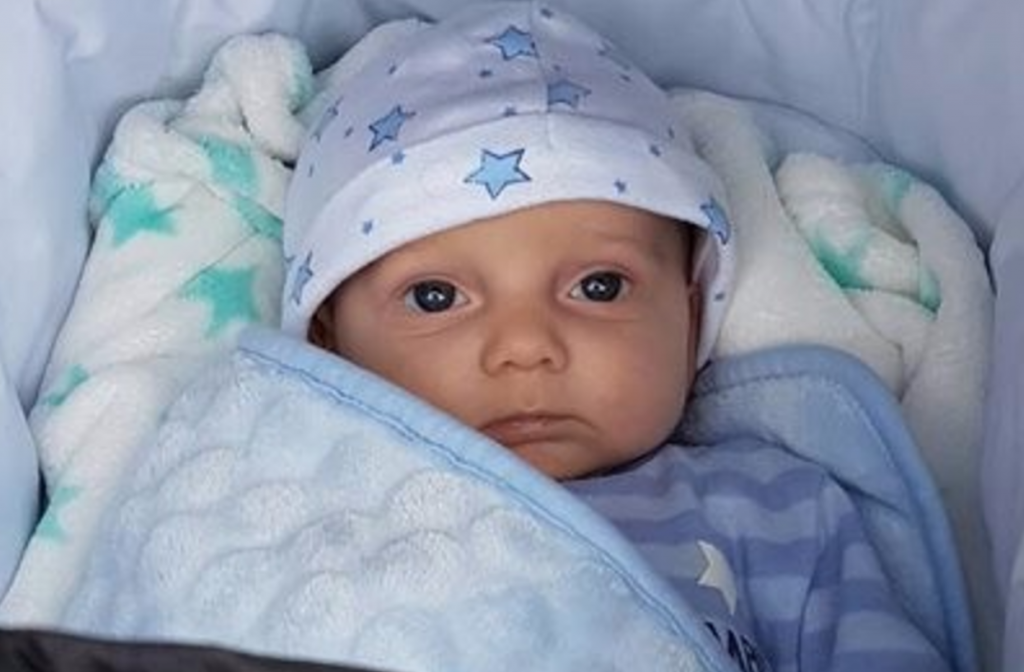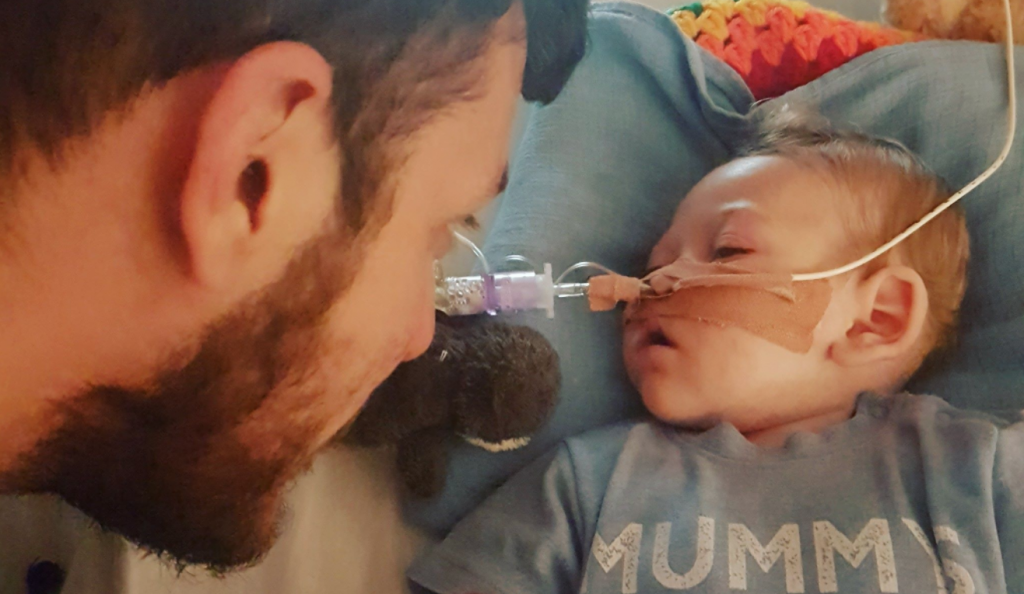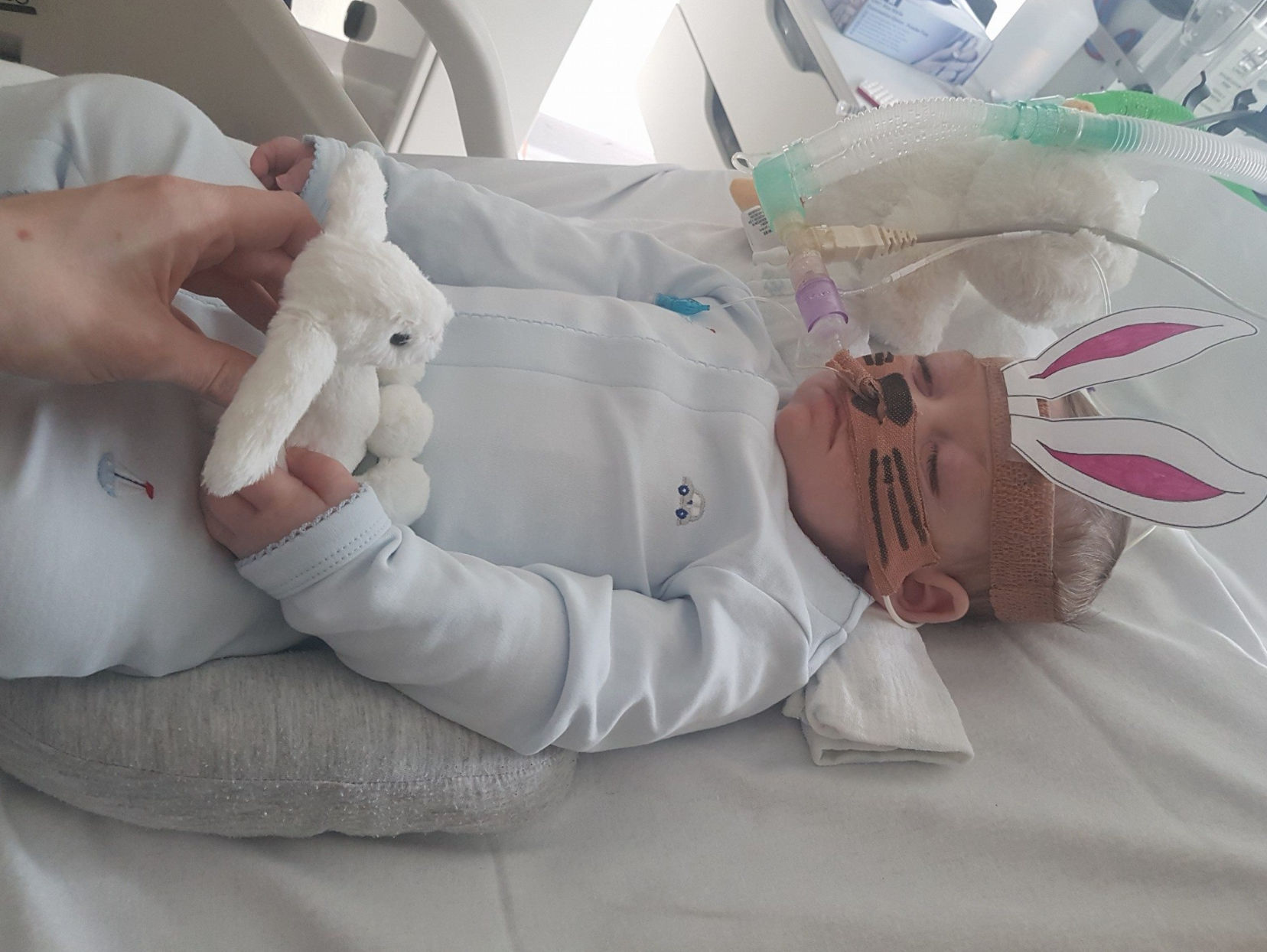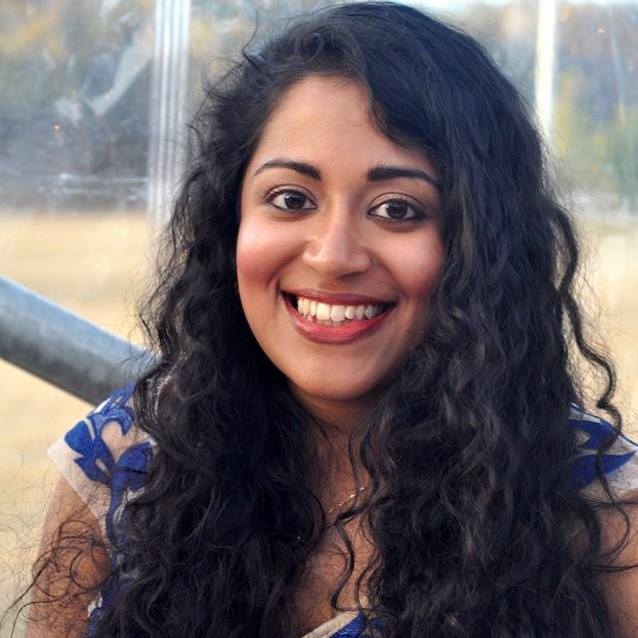The parents of a severely ill baby are taking their case to the UK’s highest court in a bid to secure treatment for him abroad.
Updated 8 June 2017: Permission to appeal has been refused so this is the end of the road for Charlie’s parents, unless they go to the European Court of Human Rights.
Chris Gard and Connie Yates are fighting for their nine-month-old son, Charlie, to have experimental medical therapy that they think might save his life. At an emergency hearing on 8th June, their legal representatives will try to persuade judges in the Supreme Court that Charlie should be treated in the US, despite doctors in the UK saying that they don’t think the treatment will save him.
To what extent do human rights help Charlie and his parents in their legal battle?
Every parent’s worst nightmare

Charlie with his parents. Image Credit: Charlie’s Fight
Charlie was born with a rare genetic disease called mitochondrial depletion syndrome. The condition means that Charlie is unable to see, hear, cry, move or make any noise. Doctors at Great Ormond Street, where he is being cared for, say that Charlie has irreversible brain damage and is untreatable. In the words of their solicitor, Connie and Chris are facing “every parent’s worst nightmare.”
Specialists in the US have offered an experimental treatment called nucleoside therapy, which Charlie’s parents believe may help him, and a GoFundMe appeal for money to cover the US doctors’ bills has already topped £1.3m.
However, Great Ormond Street don’t agree that the therapy would help Charlie, and are concerned it may cause him unnecessary suffering. They applied to the High Court for permission to switch off his Charlie’s life support, arguing that he should be moved to palliative care so that he could “die with dignity”. Both the High Court and the Court of Appeal ruled in favour of the hospital, taking into account the evidence from experts that the US therapy proposed would not be able to reverse structural brain damage, and could cause Charlie significant harm.
Charlie’s parents have now appealed to the Supreme Court. Their barrister, Richard Gordon QC, explained to the Court that, “They wish to exhaust all possible options...They don’t want to look back and think ‘what if?’ This court should not stand in the way of their only remaining hope.”
The Supreme Court is the last Court to which Charlie’s parents will be able to appeal.
How can human rights help?

Charlie’s parents want to take him to the USA. Image Credit: Charlie’s Fight
We are all protected by Article 2 of the Human Rights Convention, the right to life.
However, Article 2 doesn’t forbid doctors from withdrawing life support from a patient who is in a vegetative state and without any hope of recovery. This was established in a French case at the Human Rights Courts in 2015. There, the Court said that it was up to individual countries to decide where to draw the line when allowing doctors to withdraw life support.
English law does allow doctors to withdraw life support in certain circumstances. It also requires that, when looking at cases like Charlie’s, judges must do what is in the best interests of the child. Generally, there’s a strong presumption that it will be in the best interests of a child to prolong that child’s life. However, there may be occasions – for example where treatment would cause pain and suffering without benefit – where the judge might decide that withdrawal of life support is what is best for that particular child. This test comes from a case called Wyatt v Portsmouth NHS Trust.
Article 2 is not the only right at play. The barrister for Charlie’s parents said that, “What is really at stake in this case is the State, on a massive scale, intruding in your right to private and family life.” This is protected by Article 8 of the Human Rights Convention – the right to private and family life. That right, however, is qualified, meaning that the state can interfere with your right to a family life where it is necessary and proportionate to do so.
Charlie’s parents argue that they, as parents, should have the right to determine what is in the best interests of their child. They say that since Charlie is “still fighting”, they should continue to fight too.
What Happens Now?

Image Credit: Charlie’s Fight
Charlie is still on life support at Great Ormond Street Hospital. On 8 June, a panel of three Supreme Court justices will decide whether they should grant permission for Charlie’s case to go to a full hearing.
If they decide that it is necessary to hear the case, then a longer hearing will be held soon after, and full arguments will be made.
Want to know more about this kind of stuff?
- Read our feature on why human rights are essential to end of life care
- Take a look at our infographic on what human rights have done for children
- Read our explainer on what your human rights are







